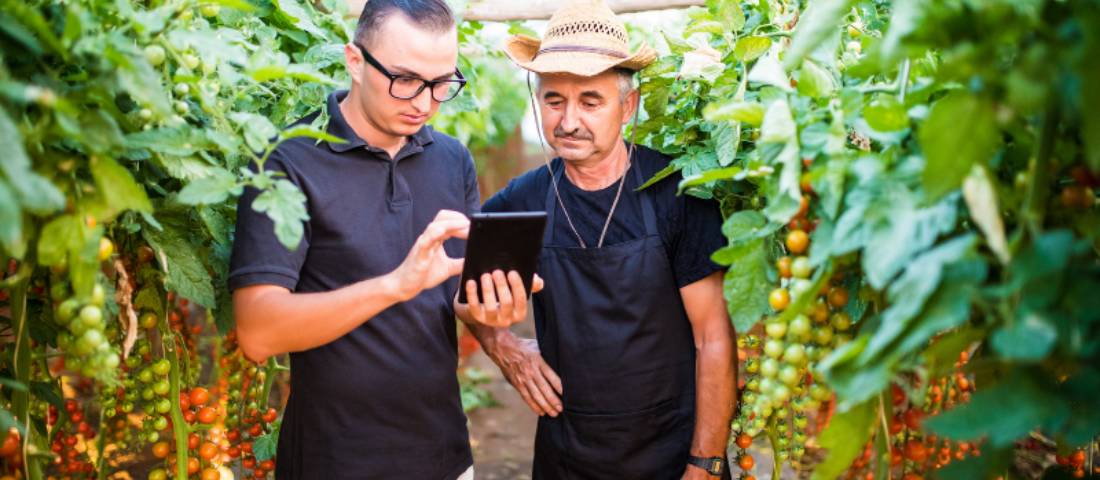Canada Immigration, Refugees and Citizenship Canada (IRCC) has announced a new economic immigration program to help local community's agri-food labour needs that will provide an additional 2,700 permanent residency opportunities for temporary foreign workers. The goal of the pilot is to attract experienced, non-seasonal workers who can "economically establish in Canada" and who support the ongoing labour needs of the agri-food sector.
'Agri-food' combines the words agriculture and food to describe activities related to food production.
The 3-year Agri-Food Immigration Pilot program will launch in 2020 and will focus on attracting meat processing and mushroom production workers including retail butchers, industrial butchers, food processing labourers, harvesting labourers, general farm workers, and farm supervisors and specialized livestock workers. Farmworkers have had limited opportunities for permanent residence in Canada.
A maximum of 2,750 principal applicants, plus family members, will be accepted for processing in any given year. This represents a total of approximately 16,500 possible new permanent residents over the 3-year duration of the pilot, according to the New Agri-Food Immigration Pilot press release:
“The success of our Canadian farmers and food processors depends on their ability to recruit and retain the workforce they need to capture opportunities at home and abroad. This pilot will help to ensure that employers in the agriculture and agri-food sector have the people they need to get the job done, to help drive our economy and to feed the world.”
– The Honourable Marie-Claude Bibeau,
Minister of Agriculture and Agri-Food
Canada's food workers’ union welcomes the Canadian Agri-food pilot:
The agri-food pilot will better protect migrants by requiring participating employers to collaborate with unions in order to receive a positive Labour Market Impact Assessment (LMIA) for a 2-year period. In particular, unionized employers will require a letter of support from the union to qualify for the announced LMIA, and non-unionized employers will engage with the union in a discussion about worker protections through a tri-partite working group.
The occupations and industries eligible under the pilot include:
- meat processing
- retail butcher
- industrial butcher
- food processing labourer
- harvesting labourer for year-round mushroom production and greenhouse crop production
- general farm worker for year-round mushroom production, greenhouse crop production, or livestock raising
- farm supervisor and specialized livestock worker for meat processing, year-round mushroom production, greenhouse crop production or livestock raising.
Information on how to apply for permanent residence through the Agri-Food Immigration Pilot will be available in early 2020.
Economic Immigration Programs
The agriculture and agri-food industry is vital to Canada’s economic growth and provides 1 in 8 jobs; agricultural exports hit a new record in 2018, reaching $66.2 billion. The Agri-Food Immigration Pilot is part of Canada’s economic immigration strategy to help temporary foreign workers become permanent residents, which includes the Atlantic Immigration Pilot, the Rural and Northern Immigration Pilot, the Global Skills Strategy, a revitalized Express Entry and an expanded Provincial Nominee Program.
Please contact Ackah Law if you to learn more about qualifications and opportunities to move to Canada under IRCC's economic immigration programs.








